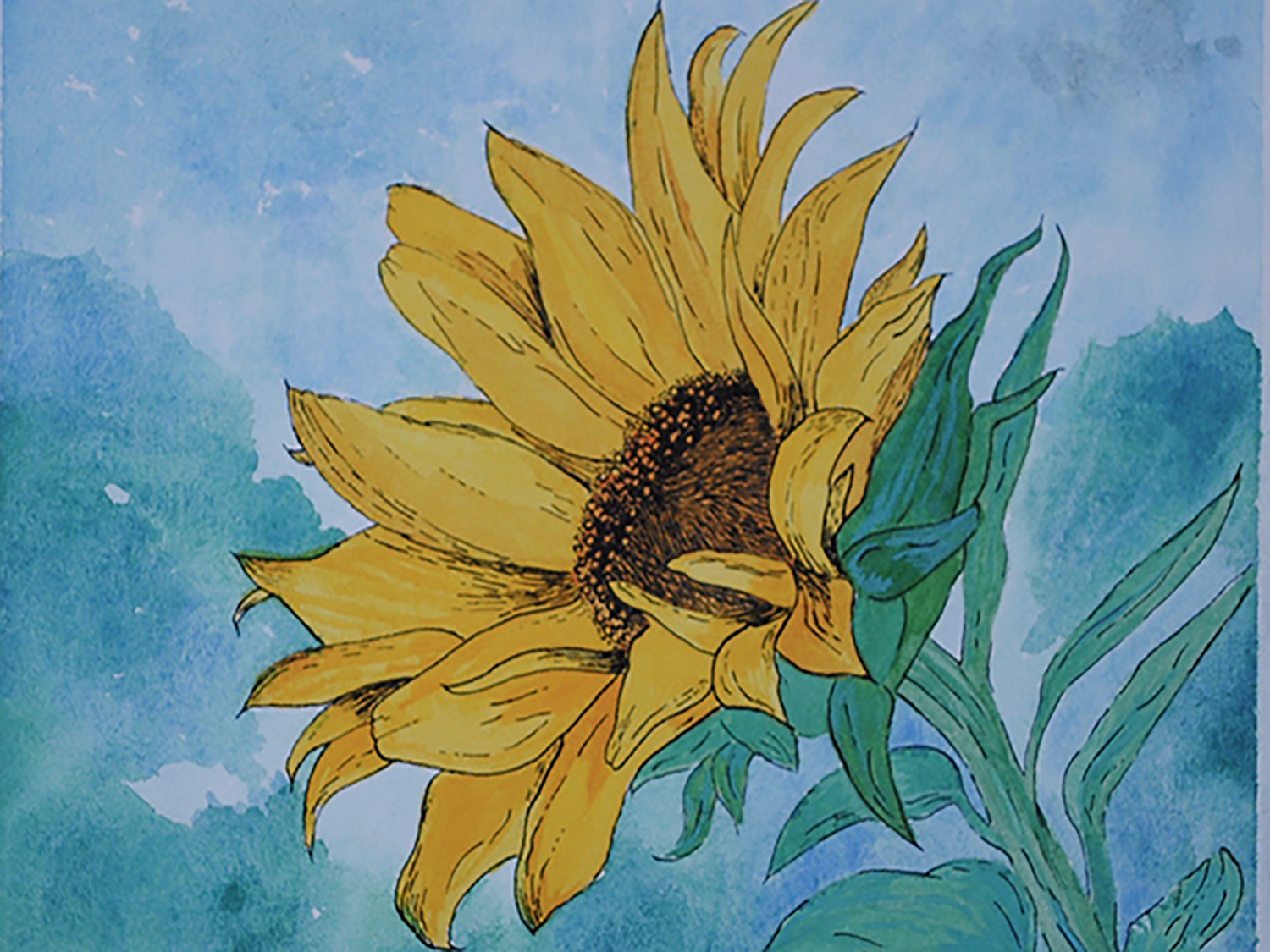By Laurel Pattenden
This past Christmas season (do not worry you are reading the June edition!) I visited a favourite bookstore. Gliding through the front door a pile of large picture books sat with the handmade sign saying “the most beautiful book of the year”.
Opening up the oversized book and viewing the beautifully illustrated pictures I immediately agreed with the store sign. The book illustrator, Jackie Morris, takes your breath away with single and double page artwork throughout a book called “the lost words”.
Not only did the art work capture me but also the first lines of the book written by Robert MacFarlane. “Once upon a time, words began to vanish from the language of children. They disappeared so quietly that at first almost no one noticed – fading away like water on the stone.”
This book is about twenty words that have been taken out of the Oxford Junior Dictionary. The Oxford Junior Dictionary is used world-wide in schools as an English language reference book. Here listed (in order found in book) are the twenty words you can no longer find: acorn, adder, bluebell, bramble, conker (I always thought these were called horse chestnuts), dandelion, fern, heather, heron, ivy, kingfisher, lark, magpie, newt, otter, raven, starling, weasel, willow, wren. It is a list of “lost” nature words. Seven of the words being birds.
Language has always changed throughout history. We will always have words that become extinct. Sometimes the word remains but the meaning of the word has changed. When words leave the everyday vocabulary it affects how we speak, read and especially how we notice things in Creation. One of the first jobs God gave us was to name things. (Gen. 2:19,20)
Now a junior dictionary can only be “so big”. Let’s face it, if a junior dictionary includes everything it is no longer junior. Does any dictionary include all words? However, the space created from the omission of these words was quickly filled by words of our wired world such as blog, voice- mail and cut-and-paste. Words that belong in our virtual, indoor world.
Robert MacFarlane’s book makes clear the widening space in childhood from the natural world to the virtual world. The differing lifestyle of a child moving from an outdoor environment to an indoor. This book “the lost words”, as stated on the back cover, has started a movement in re- introducing children to the natural world.
It is a beautiful book with a beautiful and powerful message whether you are child or adult. So, what shall we do with this information? When was the last time you saw a kingfisher or wild ferns?
It’s time for a scavenger hunt. Grab your kids, grandkids or the neighbour’s kids. Don’t like kids, then get a friend or do it in silence as a meditation. Can’t get out or around, then find these words in your reading or paint them. We can all do this!
Let us go on a journey to find those “lost words”. Happy summer.
Laurel is retired and likes to spend her time in her art studio. Illustration: Laurel Pattenden, Sunflower


